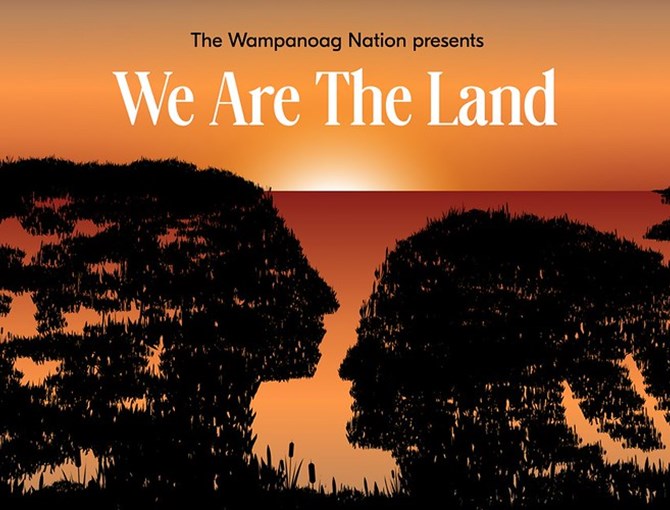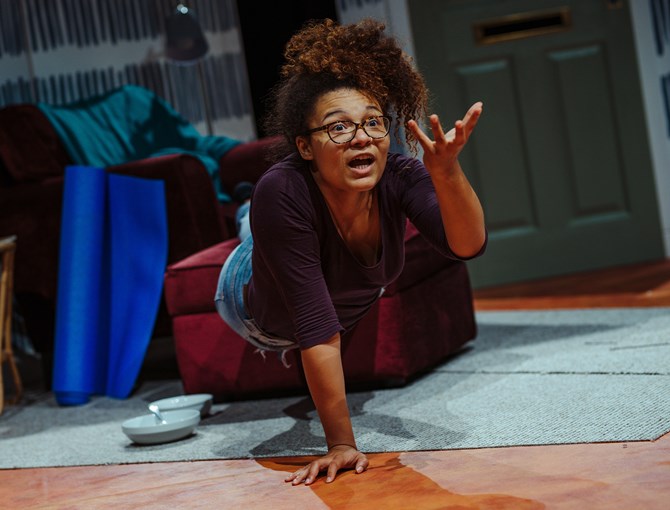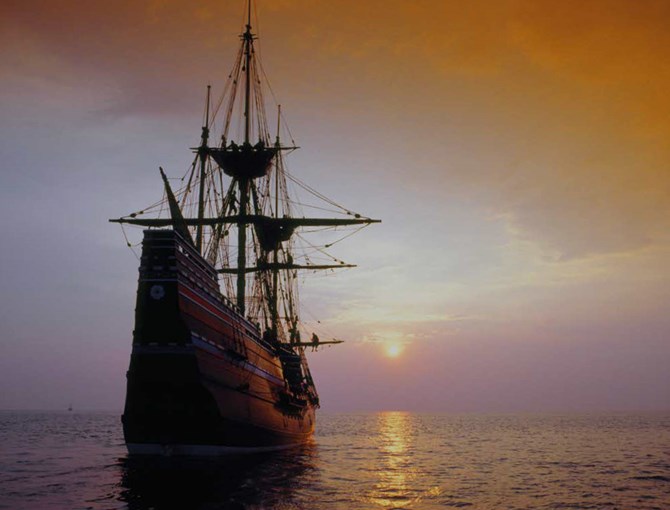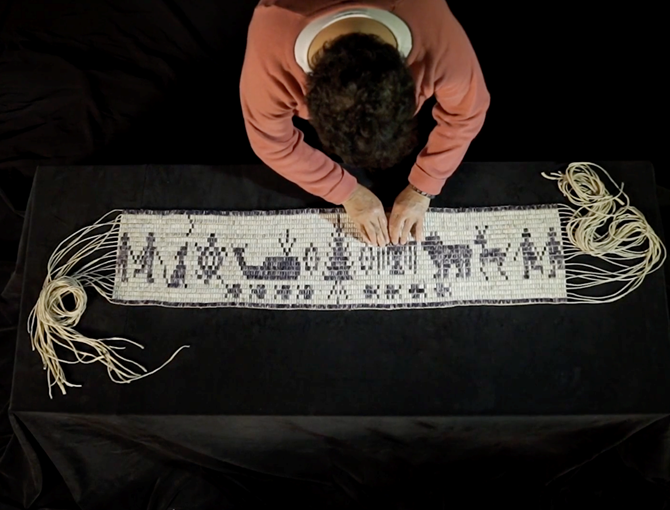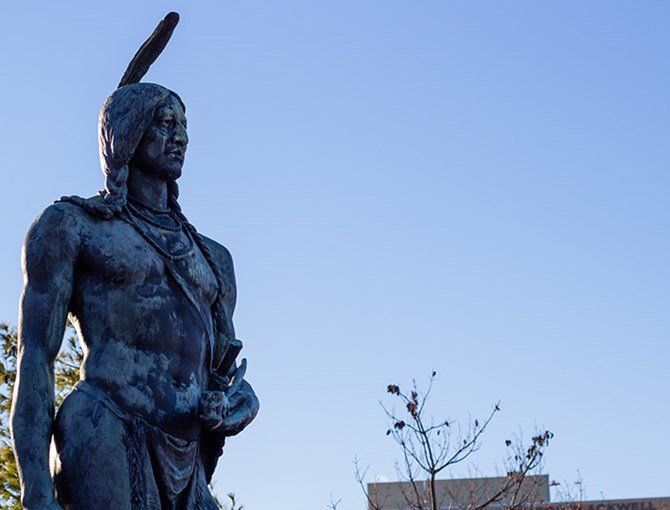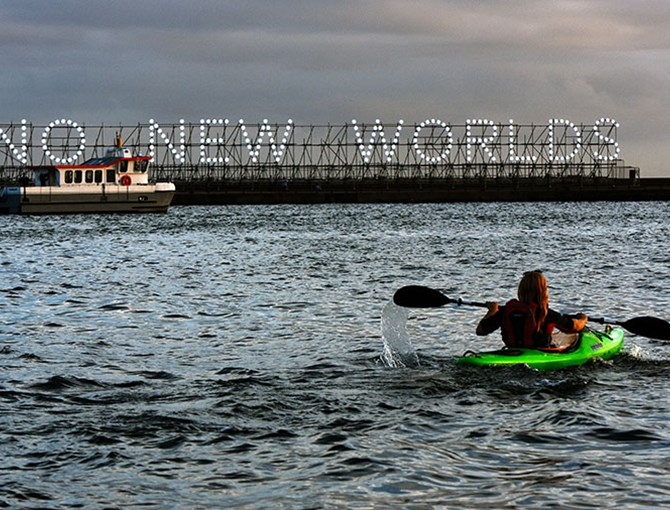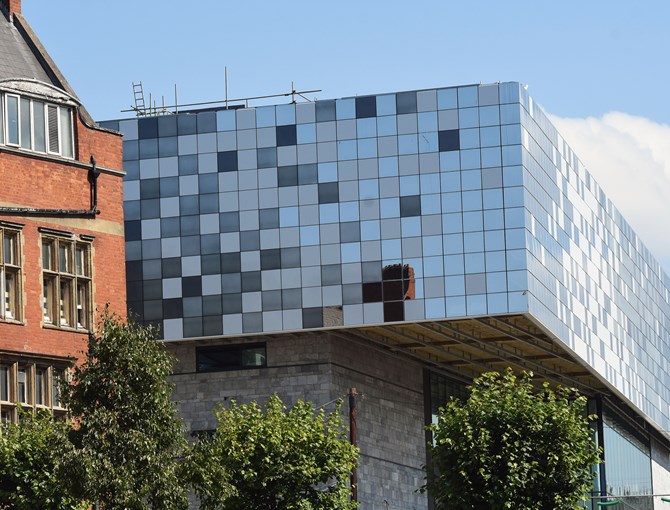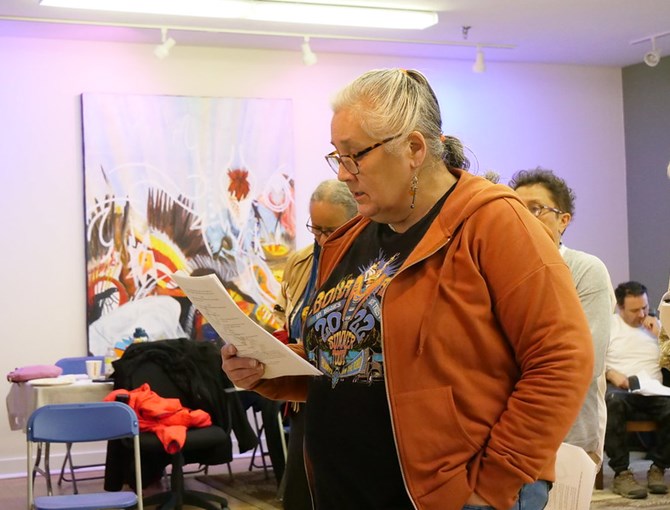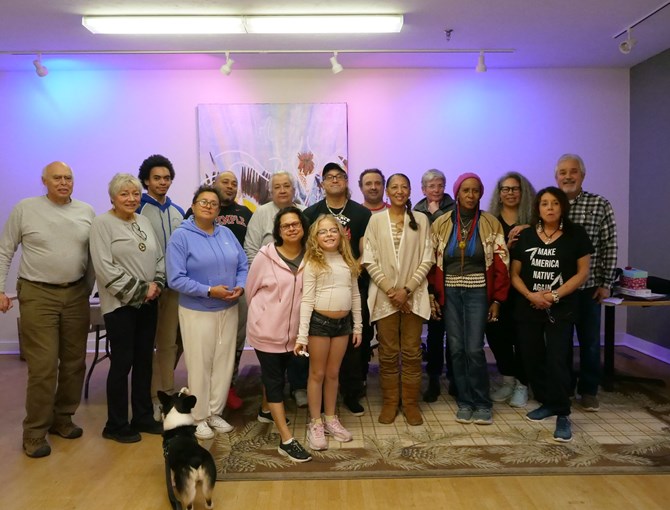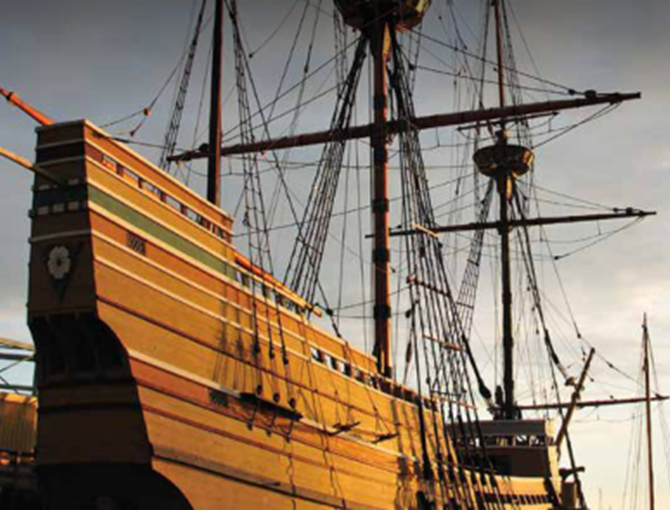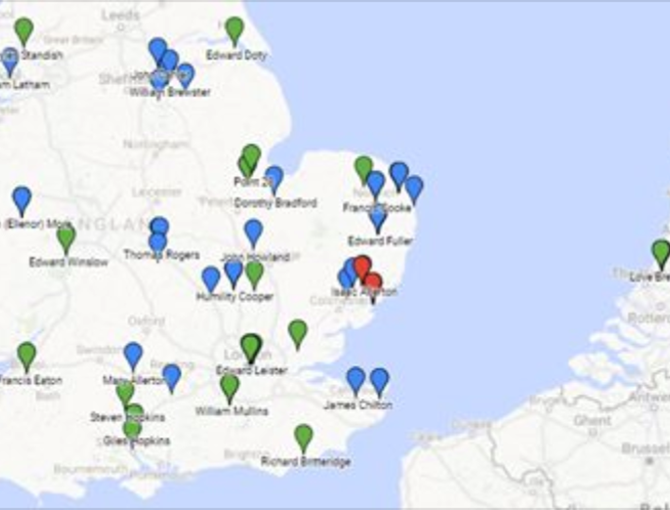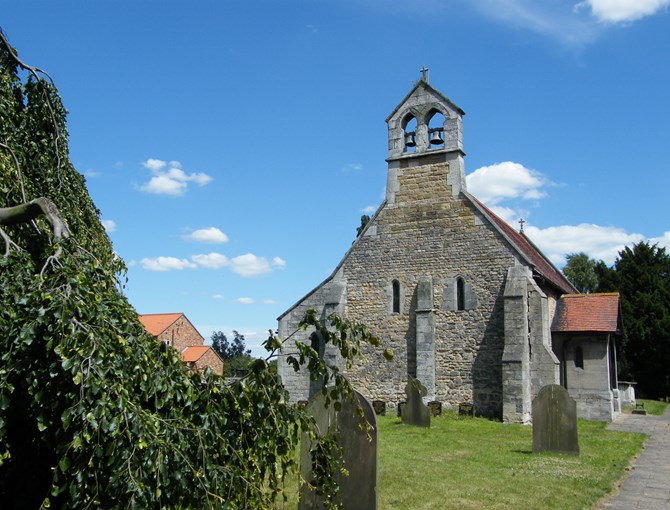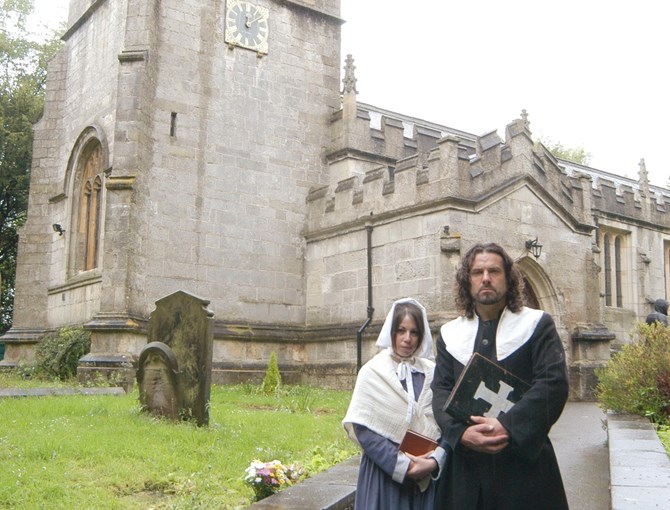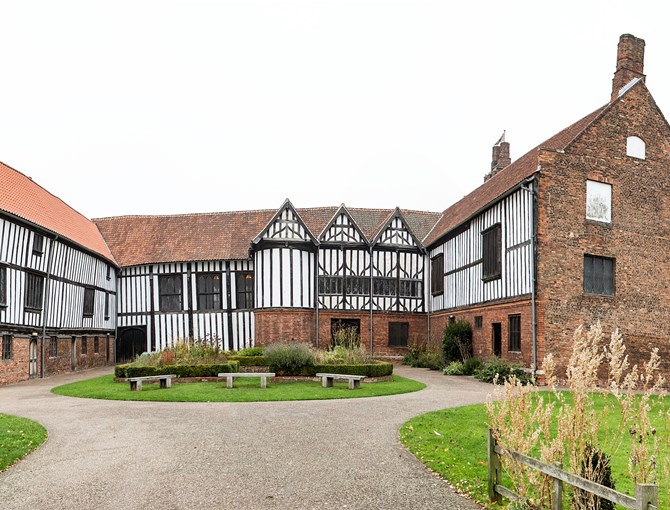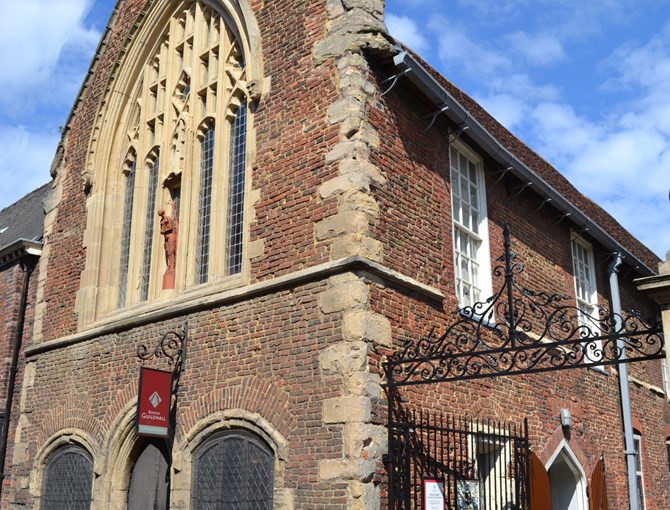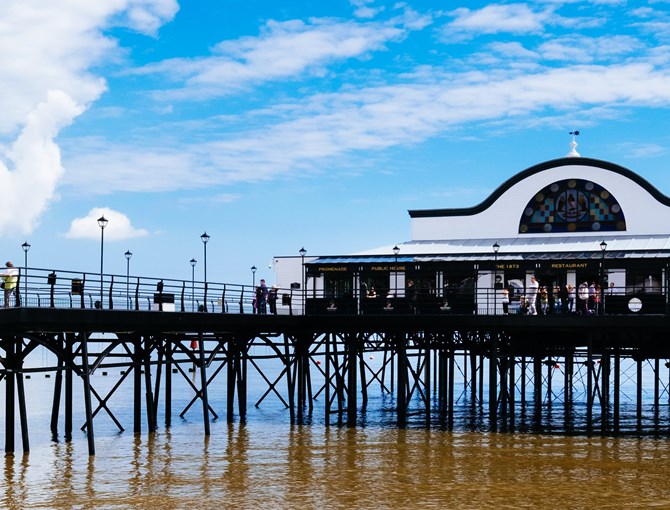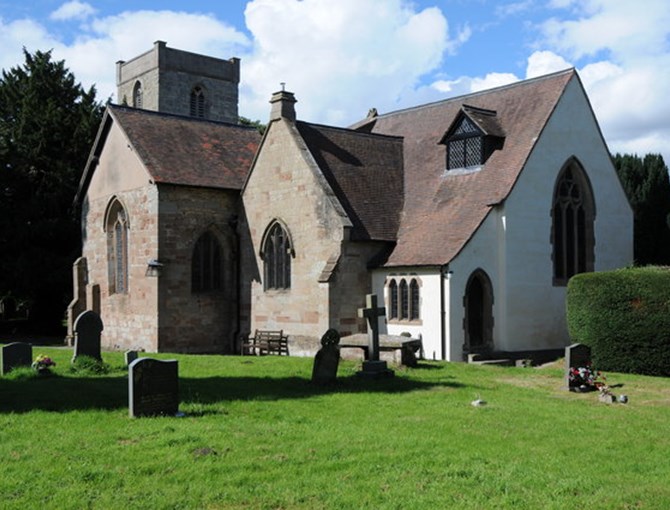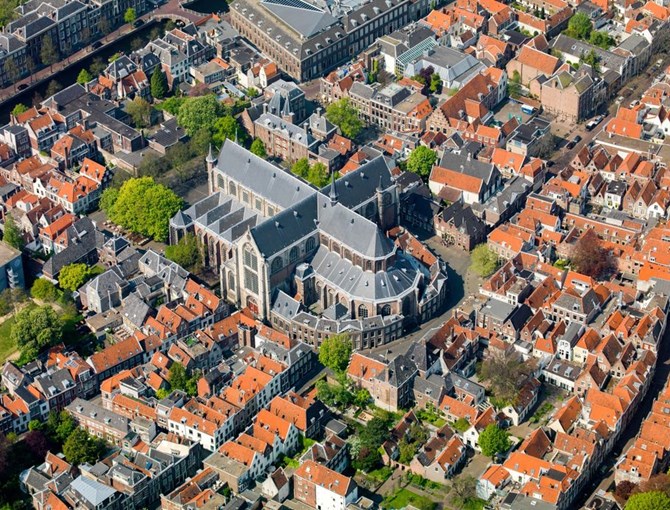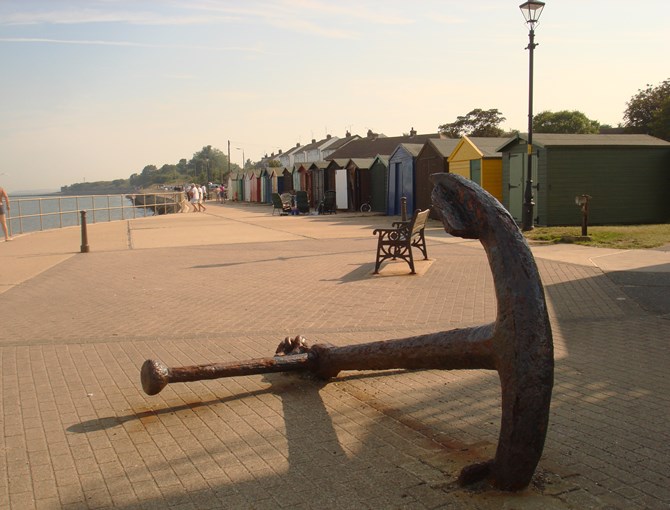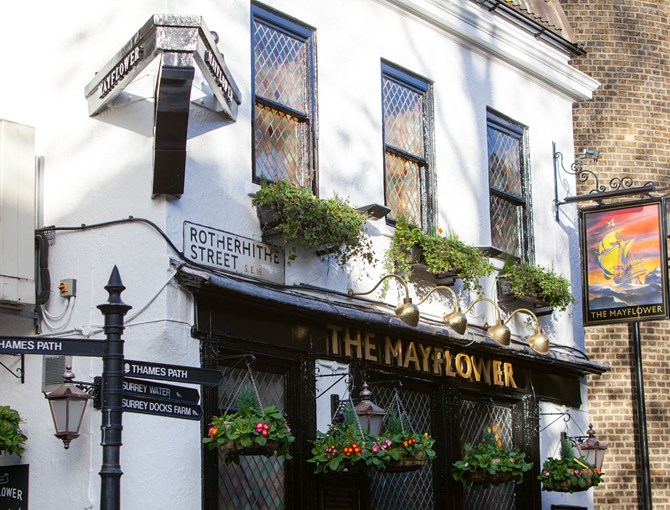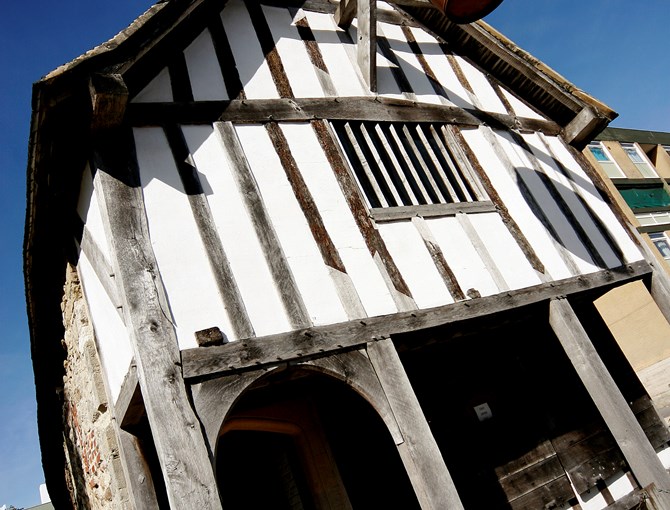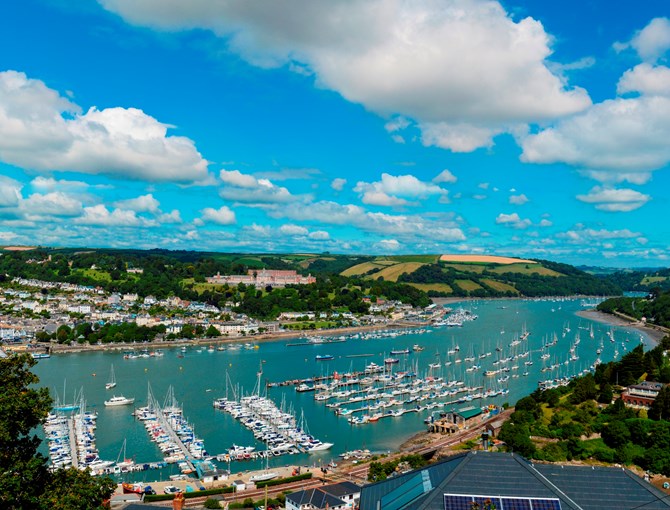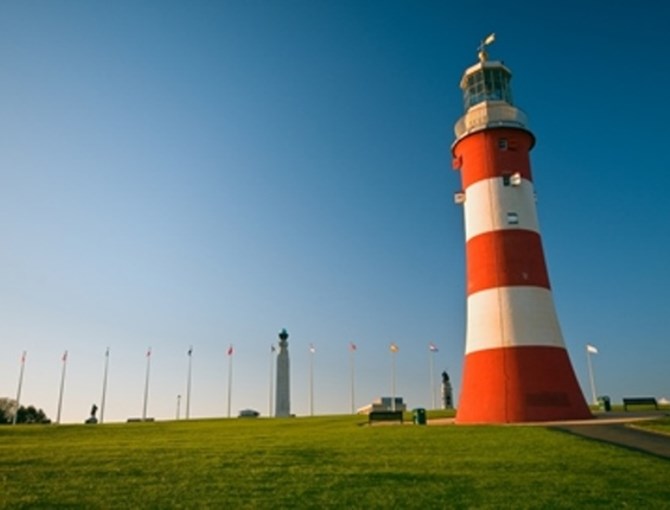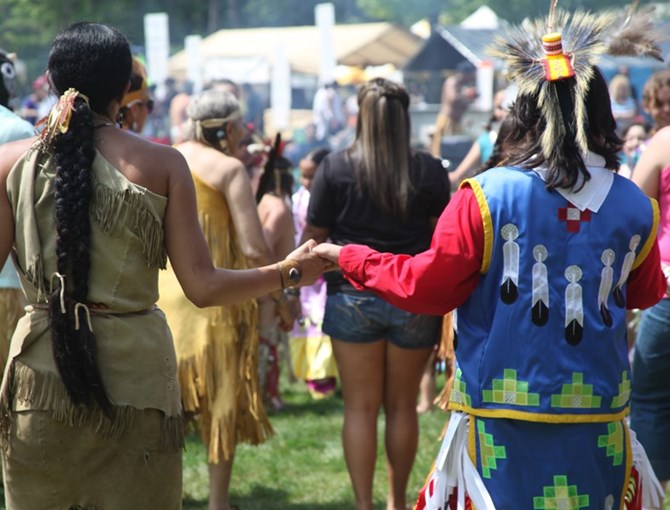Mayflower 400 UK is an honest, broad and inclusive commemoration of the ship’s sailing from England to America and its often challenging legacy.
It marked the 400th anniversary year from 2020 through 2021 like never before in history.
For the first time, it goes far beyond the story of the ‘Pilgrim Fathers’ and the one-dimensional version of the Mayflower voyage. It examines the history of four nations from multiple angles, explores the experiences of those impacted and tells of the ruthless consequences of colonisation.
This anniversary year faced up to these difficult truths.
It tells stories of persecution, loss and oppression as well as exploring the themes of migration, humanity and freedom that underpin its place in history.
The ambitious cultural programme highlighted the experiences of different ethnic groups both in history and today, working in tandem with the Wampanoag Nation, the very people who once stood alongside the Mayflower’s passengers but eventually saw their lands and homes brutally taken from them.
Explore the events, exhibitions, productions and projects and the people behind them throughout this website.
You can also read articles and watch videos on the history of the Mayflower, find educational toolkits and get information on visiting the places linked to the anniversary.
Read more about the Mayflower 400 commemoration here


